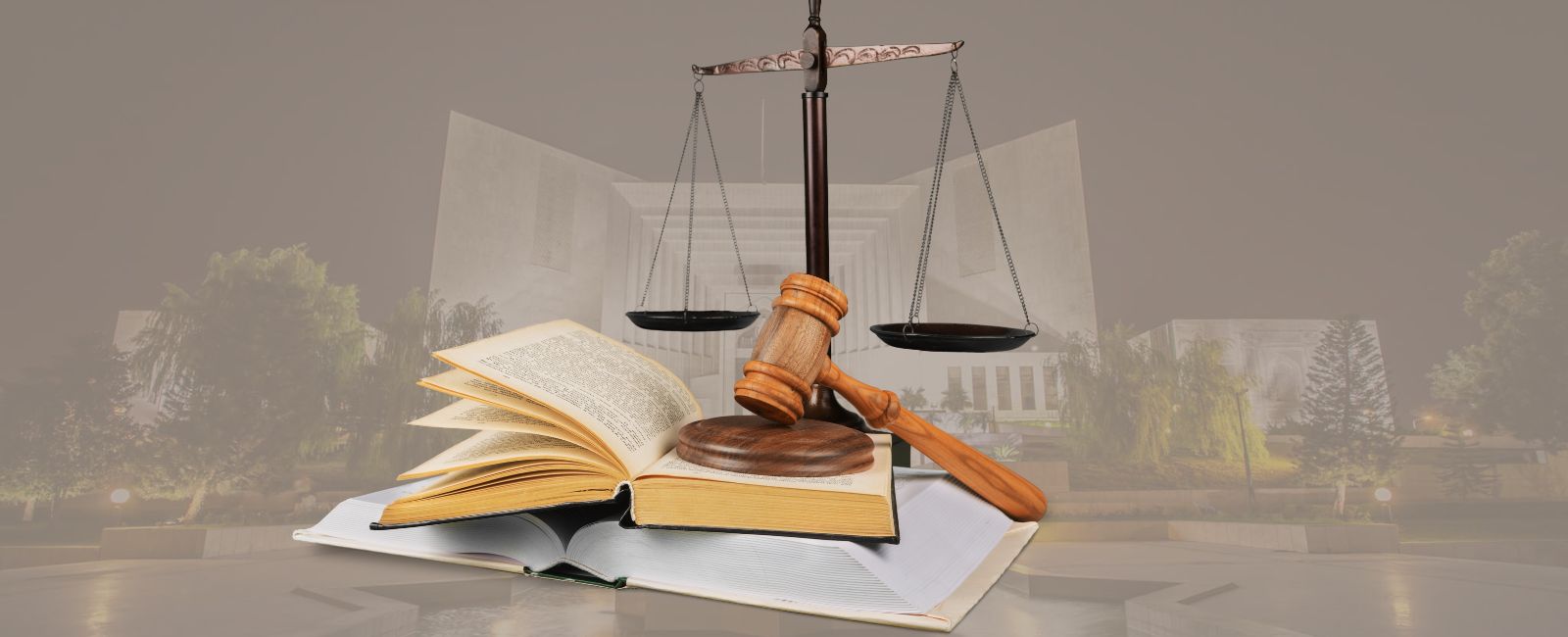Was PTI's move to scuttle no-trust vote high treason? Legal experts weigh in
On April 3, then-deputy speaker dismissed a no-confidence vote against then-prime minister after which the president dissolved the National Assembly

In a detailed judgment released earlier this week, the top court of Pakistan declared all actions taken by the former government on April 3 as illegal. The Supreme Court also termed the dissolution of the national assembly by the president, on the advice of the then prime minister Imran Khan, as being “unconstitutional” and “without lawful authority”.
On April 3, then-deputy speaker Qasim Khan Suri dismissed the vote of no confidence against Imran Khan, alleging it to have been moved at the behest of a “foreign state” after which President Arif Alvi dissolved the lower house of the parliament.
In an additional note, released along with the detailed judgment of the five member bench, Justice Mazhar Alam Khan Miankhel opined that the then speaker of the national assembly Asad Qaiser, former prime minister Imran Khan, current President Arif Alvi, ex-deputy speaker Qasim Suri and former law minister Fawad Chaudhry had "violated their authority".
The judge suggested that it was now up to the parliament to determine if the unconstitutional acts of the five men attracted proceedings under Article 6 of the Constitution which pertains to high treason.
Following the order, the cabinet constituted a special committee to establish if the senior leadership of the Pakistan Tehreek-e-Insaf (PTI), should be tried for treason.
What is Article 6?
Article 6 of the Constitution states:
"Any person who abrogates or subverts or suspends or holds in abeyance, or attempts or conspires to abrogate or subvert or suspend or hold in abeyance, the constitution by use of force or show of force or by any other unconstitutional means shall be guilty of high treason."
The punishment for high treason is death or lifetime imprisonment, according to the High Treason (Punishment) Act, 1973.
Till now, only the former military dictator, retired General Pervez Musharraf has been convicted of high treason for imposing a state of emergency in the country in 2007. The sentence was later overturned by the Lahore High Court, while an appeal against the LHC verdict is still pending with the Supreme Court.
Were PTI’s actions treasonous?
Salahuddin Ahmed, a Karachi-based lawyer, told Geo.tv that as of now, a case of treason cannot be made against the previous government.
“Even the additional note [of Justice Mazhar Alam] calls upon the parliament to take action,” Ahmed said, adding that therefore, laws must be made to include such acts within Article 6 for the future”.
Barrister Ahmed Pansota agreed that Article 6 deals specifically with “high treason”, and what transpired on April 3 could not be termed as such.
The lawyer added that it would not be wise for one elected government to charge another with treason against the state. “This will set a terrible precedent,” Pansota said.
Asad Rahim Khan, a Lahore-based lawyer, told Geo.tv Article 6 deals with the most serious offense in our Constitution.
“It is a betrayal of one’s citizenship,” he explained. “The gravity of such an offence is cheapened when it’s thrown around so casually. The deputy speaker blatantly violated the constitution, but violations are not tantamount to abrogation or subversion — nor has the Supreme Court majority said anything of the sort. The Constitution deserves better.”
Khan added that Article 6 applied to General Pervez Musharraf’s imposition of emergency rule in 2007, which the Pakistan Muslim League-N has “fallen silent about”.
Can the president be charged?
In a press conference recently, Minister for Interior Rana Sanaullah called upon President Arif Alvi to resign, as he had dissolved the National Assembly despite the advice of the then prime minister being unconstitutional.
However, Article 248(2) of the Constitution states:
“no criminal proceedings whatsoever shall be instituted or continued against the President [...] in any court during his term of office.”
A majority of the legal experts Geo.tv reached out to agree that the president cannot be prosecuted during his term in office. But when the president steps down or his term ends, he can be tried under Article 6, said lawyer Sheikh Saqib Ahmed.
Ahmed further added that after the passing of the 18th Amendment of the Constitution, the scope of Article 6 has yet to be determined and “new precedents could be set in the future” by expanding its interpretation.




